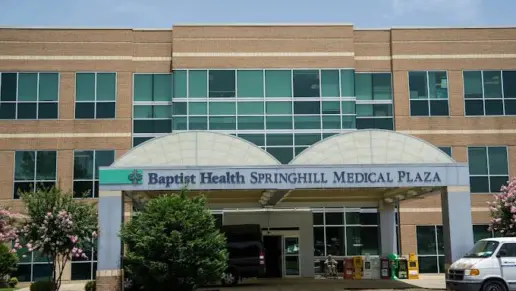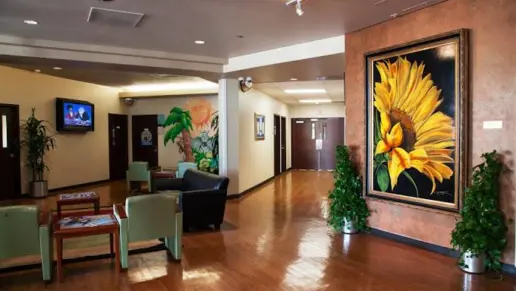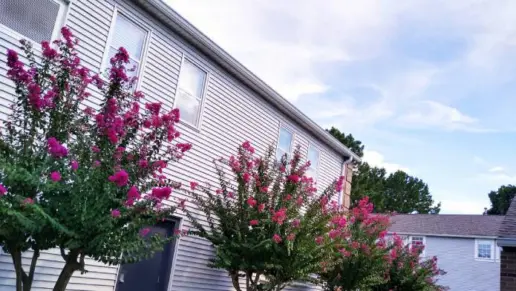About AA – Alcoholics Anonymous – Intergroup
Alcoholics Anonymous is nonprofessional, self-supporting, multiracial, apolitical, and available almost everywhere. There are no age or education requirements. Membership is open to anyone who wants to do something about his or her drinking problem. Early Bird Meetings: Sundays 7:30 am, Mondays to Saturdays 6:30 am. Pioneer Meetings: Mondays to Sundays 12 pm, Monday 6 pm and 8 pm, Tuesday 6 pm and 8 pm.
The difference between open and closed meetings: Closed meetings are for AA members only, or for those who have a drinking problem and “have a desire to stop drinking.” Open meetings are available to anyone interested in the Alcoholics Anonymous program of recovery from alcoholism. Nonalcoholics may attend open meetings as observers.
Rehab Score
Gallery
Other Forms of Payment
Addiction Treatments
Levels of Care
Treatments
The goal of treatment for alcoholism is abstinence. Those with poor social support, poor motivation, or psychiatric disorders tend to relapse within a few years of treatment. For these people, success is measured by longer periods of abstinence, reduced use of alcohol, better health, and improved social functioning. Recovery and Maintenance are usually based on 12 step programs and AA meetings.
The goal of drug rehab in Arkansas is to help individuals stop using addictive substances and learn healthy ways to remain clean long-term. Participants learn vital skills to cope with cravings and manage stress, to prevent relapse.
Substance rehabs focus on helping individuals recover from substance abuse, including alcohol and drug addiction (both illegal and prescription drugs). They often include the opportunity to engage in both individual as well as group therapy.
Programs


Clinical Services
Group therapy is any therapeutic work that happens in a group (not one-on-one). There are a number of different group therapy modalities, including support groups, experiential therapy, psycho-education, and more. Group therapy involves treatment as well as processing interaction between group members.
Contact Information
1209 North B street
Fort Smith, AR 72901


